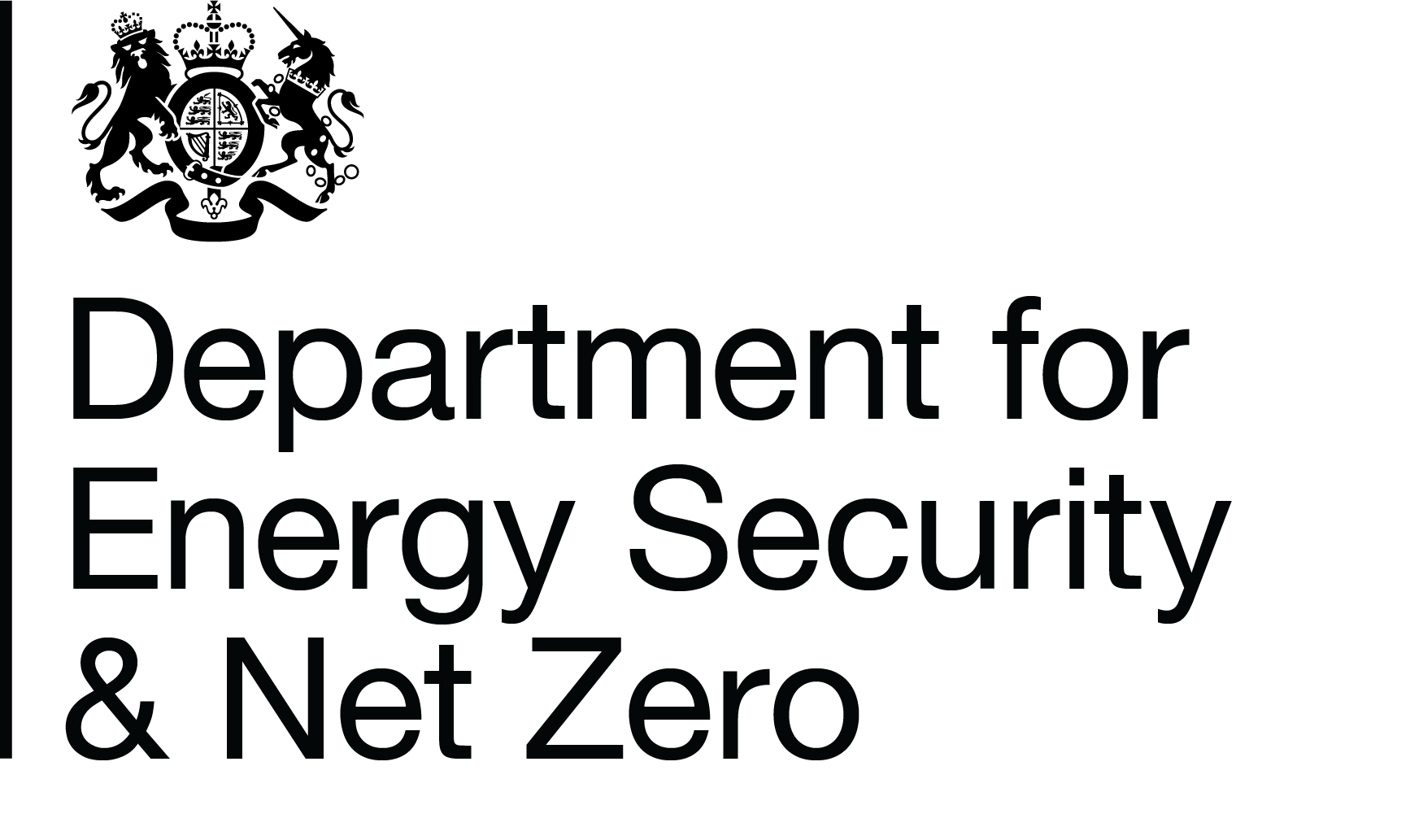Solar canopies and electric vehicle charging
Cross-Pavement Charging
With the increasing number of EVs, more users are wanting to connect and charge via their domestic energy tariffs. For users without off-street parking, in some cases this has led to the trailing of charging cables across the public highway.
Under Part IX of the Highways Act 1980, it is an offence to trail a cable, or similar, across any part of the highway, including the footway, unprotected.
Cross-pavement charging solutions enable the safe passage of charging cables across the pavement, allowing more EV users to connect and charge their vehicle on-street through their domestic energy tariffs.
The Current Planning System and Wider Permitting Requirements
Planning permission is required to install any cross-pavement solution and associated private EV chargepoint, unless a local development order is in place. Where a local authority is installing the cross-pavement solution, planning permission may not be required, however the resident will still be required to apply for planning permission for the chargepoint.
Installers also need permission to carry out street works and therefore need to apply for a licence under Section 50 and Schedule 3 of the New Roads and Street Works Act 1991 (NRSWA). Where a local authority is directly undertaking the installation, a Section 50 licence is not required.
Any cross-pavement installation must also comply with the Specification for the Reinstatement of Openings in Highways. An addendum with standards for reinstating pavements following the installation of cable channels was published on 24 December.
